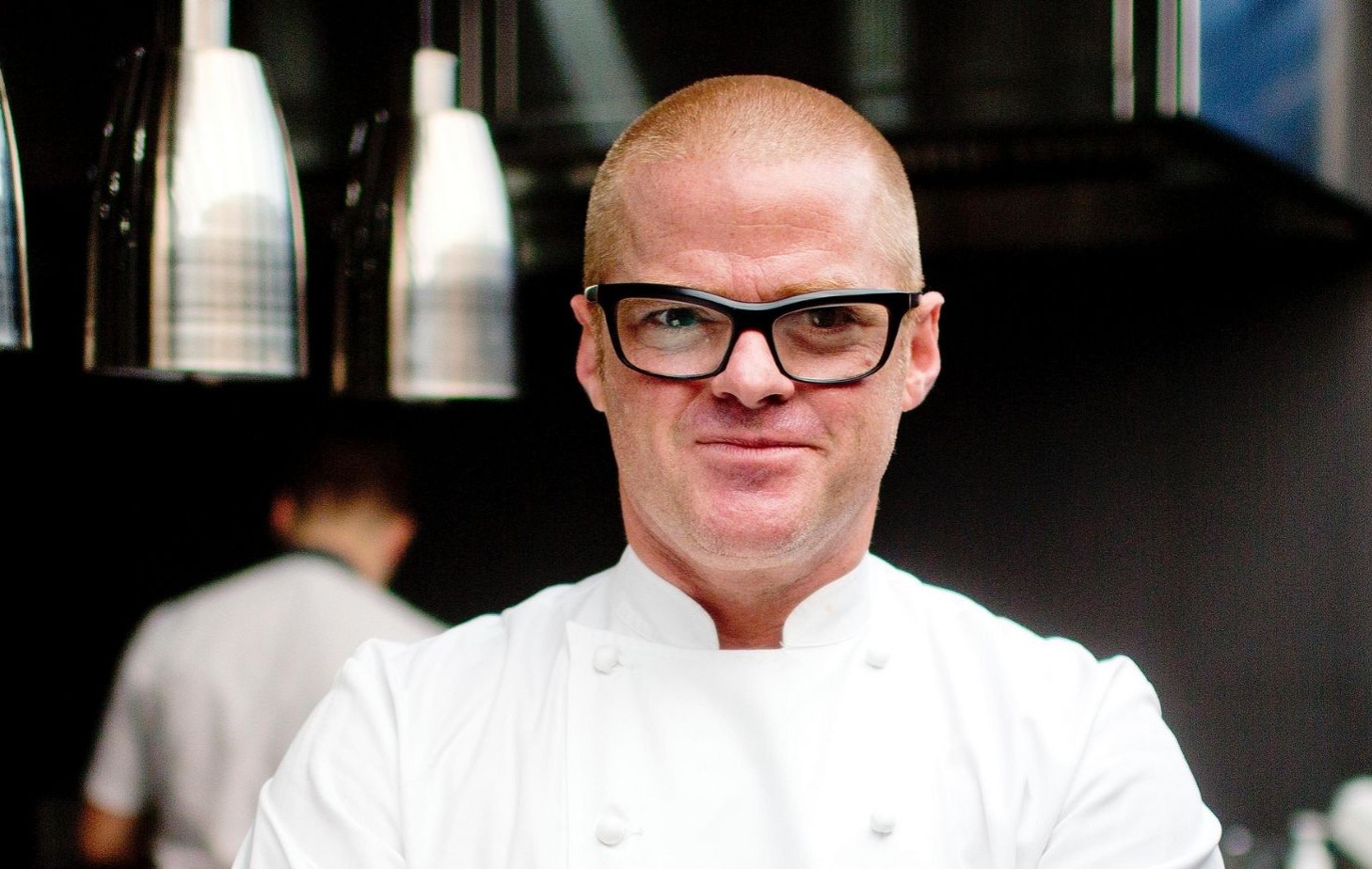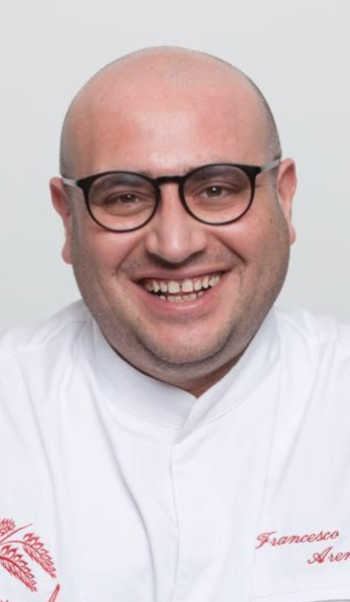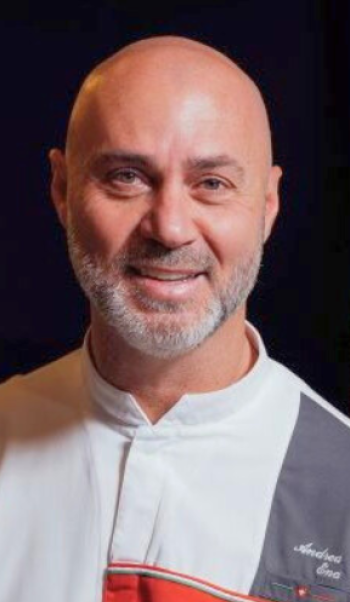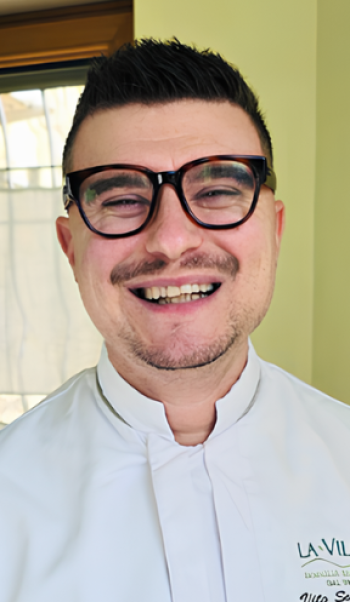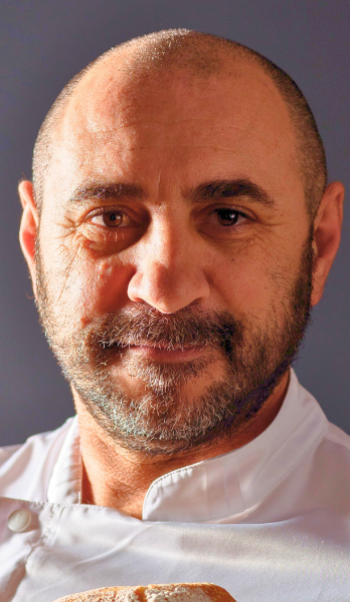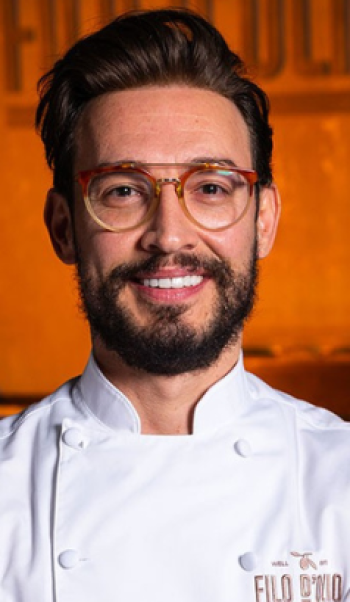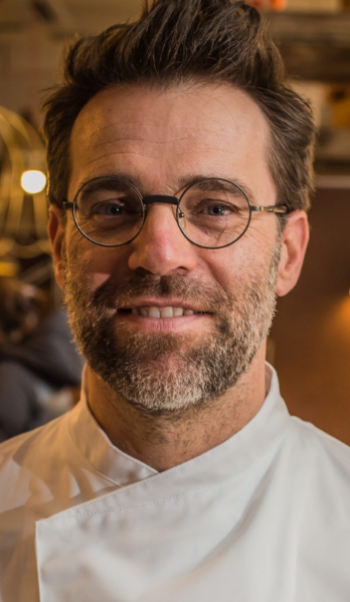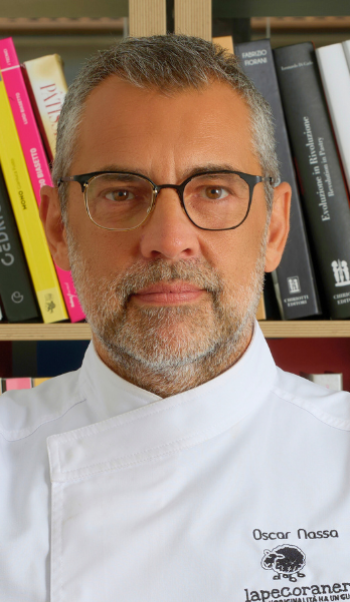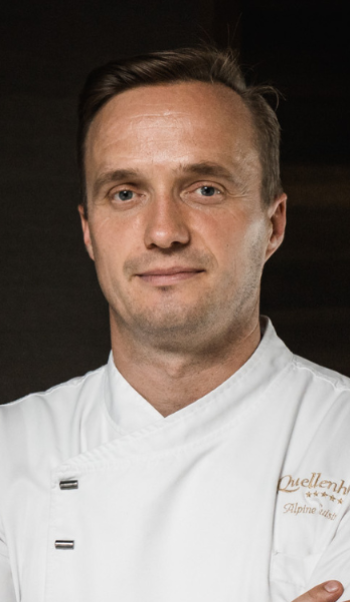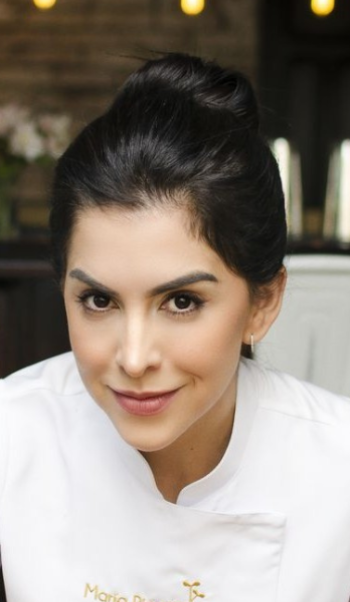A leading figure in avant-garde cuisine, Heston Blumenthal has been dubbed an "alchemist" for his innovative approach. In the multi-award-winning restaurant "The Fat Duck" in Bray, sensory explorations of a neo-futurist bent and applications of molecular gastronomy have introduced a new concept of food into British culture.
Heston Blumenthal was born in Shepherd’s Bush, London, on May 27, 1966. His father is a Jew born in Southern Rhodesia, his mother a British citizen who converted to Judaism, while the surname has distant Lithuanian origins and means "flowering valley". As a child, he grew up in Paddington, attending Latymer Upper School in Hammersmith, St. John’s Church of England School in Lacey Green, and John Hampden Grammar School in High Wycombe.
His first encounter with gastronomy occurred at 15 when he visited France on a family vacation. His parents took him to the famous "Oustau de Baumanière" in Provence, where the sophistication of the food left him astounded. Thus, he started developing an interest in French cuisine, which he cultivated through the Les Recettes Originales series, among whose authors Alain Chapel stands out.
Blumenthal grew increasingly passionate, and just after finishing school, at 18, he began an internship with Raymond Blanc at "Le Manoir aux Quat’ Saisons", but left after a week of trial. Over the next decade, he worked a variety of jobs, from an auditor to a debt collector, while in the evenings, in solitude, he diligently studied the classic repertoire. However, his nightstand also held other readings: in 1980 he was struck by On Food and Cooking: the Science and Lore of the Kitchen by Harold McGee, which introduced him to molecular cuisine. From that moment, his still private approach to cooking changed radically: every action needed to have its rational explanation. His motto became and remained: "Question everything". All this while he continued to travel through France in search of restaurants, wineries, cheese producers, and artisans, acquiring an enviable knowledge for a complete self-taught.
The turning point came in 1995 when he purchased a dilapidated pub in Bray, named "The Ringers", and renamed it "The Fat Duck". Although he described it as a bistro, the first critics who dined there sang its praises and the progression was rapid. The first MICHELIN Star came in 1999, the second in 2001, but by 2004 he already had three. Some of his signature dishes quickly became legendary: for example, the world's best fries, subjected to triple cooking; Sounds Of The Sea, a marine assortment with foam and edible sand, which the guest tastes while listening at the table to the breaking waves through an iPod hidden inside a shell, in order to enhance the taste perceptions via synesthesia; the Botrytis Cinerea dessert, with 20 components, which aims to recreate the taste of grapes infested with noble rot, the digressions inspired by Alice in Wonderland, and many other wonders.
Thanks to the cutting-edge techniques, developed in collaboration with several scientists, the multisensory involvement and the playful irreverence, the restaurant in 2005 reached the top spot in the World’s 50 Best ranking. "I'm part of a network of chefs, scientists, and psychologists who look at food and the way we eat from a different perspective," explains Blumenthal. In the following years, the scope of his interests never ceased to expand, extending to include food pairing and neurogastronomy with his usual precision. "The way we approach what we eat and decide whether we like it or not, largely depends on memory and contrast. Memory provides us with a wide range of references (flavors, tastes, scents, shapes, sounds, emotions) from which we constantly draw while eating". But at the end of the '90s, he made a breakthrough discovery about cooking history while reading Le Vivandier, a fifteenth-century manuscript. "I didn't think the cuisine of the past could be so playful, bold and creative".
Heston also collaborates with the University of Reading, so much so that in 2006 he was awarded an honorary doctorate and he is an Honorary Member of the Royal Society of Chemistry. To seal his place in the pantheon of great Britons, the Queen finally awarded him the Order of the British Empire (OBE) for his contribution to national gastronomy.
Despite his successes, Blumenthal is still not satisfied. In 2004, he purchased another pub in Bray called "The Hind’s Head", located in a fifteenth-century building, dedicated to traditional British recipes and starred since 2013; in January 2011 he opened "Dinner by Heston Blumenthal" at the Mandarin Oriental Hyde Park in London, where he delved into ancient British cuisine with the help of historians to resurrect forgotten recipes. This initiative was awarded in 2012 with its first MICHELIN Star, and the second one in 2014.
During the renovation works of the "Fat Duck", in 2015, the three MICHELIN Stars restaurant temporarily moved to Melbourne, in a venue later converted into a rendition of "Dinner". Among the local classics, the meat fruit, a faux mandarin filled with chicken liver mousse.
Over the years, Blumenthal has also starred in numerous television programs in the UK, including "How To Cook Like Heston", and authored important cookbooks. Over the years, he has held various public talks and conferences, such as at the ASB Theatre, Aotea Centre, in Auckland in 2012, when the chef presented his unique philosophy and approach to cooking, exploring taste and flavor, and his passion for the multisensory experience of eating and drinking. From 2011 to 2023, Heston collaborated with the British supermarket chain Waitrose, endorsing some of the lines available on their shelves.
In 2020, the 25th anniversary of "The Fat Duck" was celebrated with a six-course menu of classic dishes from the past two and a half decades. Then the mandatory stop due to the pandemic, and the resumption of work. Heston continues to grow the fame of his restaurants without ever losing his innovative spirit. In 2023, Gault&Millau awarded "Dinner" at the UAE Awards as the international brand of the year, also thanks to the opening of the new venue in the "Atlantis The Royal" hotel in Dubai, That same year, "Dinner" in the United Arab Emirates won a MICHELIN Star, 2 toques from Gault & Millau, and the Best Award of Excellence at the Wine Spectator (2 glasses), in recognition of the avant-garde interpretation of British cuisine from the 1300s in the dining room for 12 diners.
